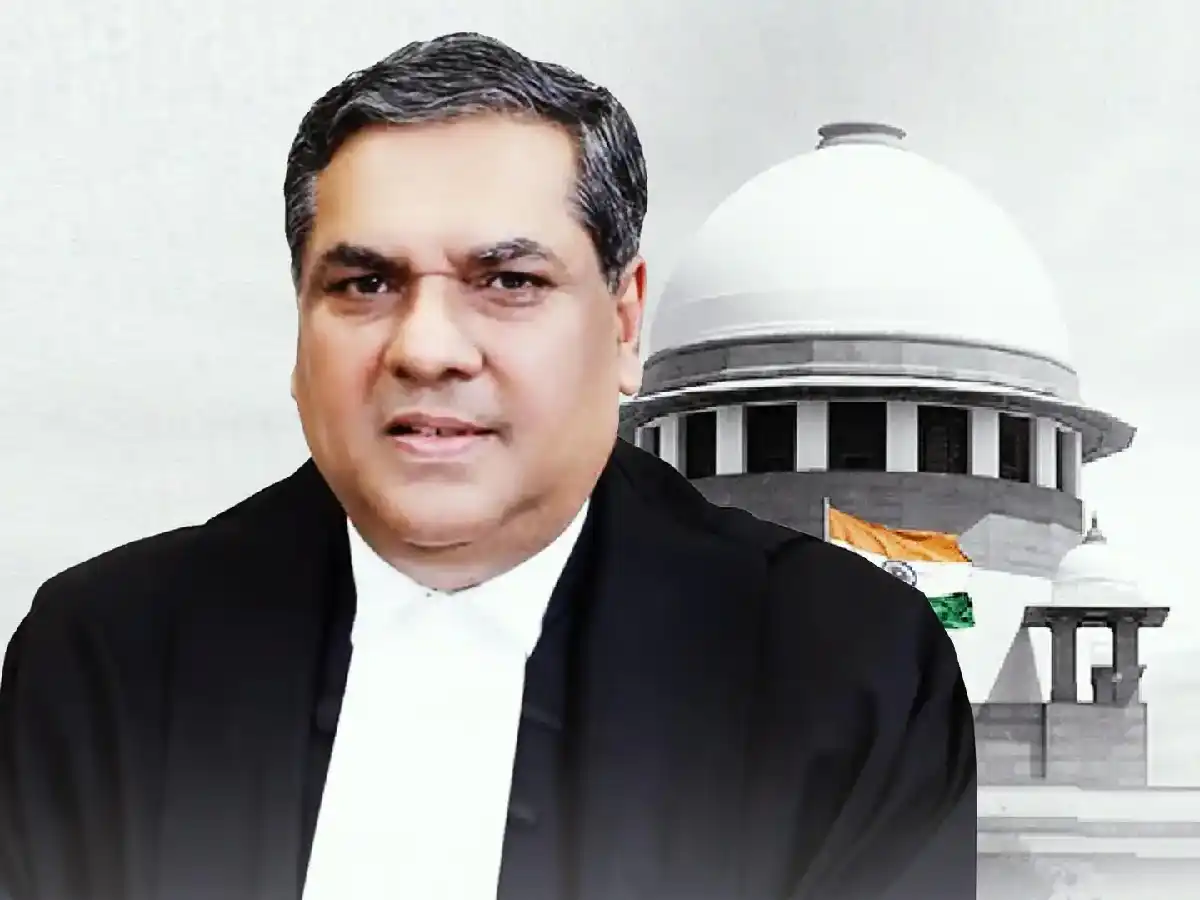Justice Sanjiv Khanna is set to be inaugurated as the 51st Chief Justice of the nation on Monday. President Draupadi Murmu will swear him in for the oath of office and secrecy at Rashtrapati Bhavan at 10 am. Justice Khanna will take the place of Justice DY Chandrachud, who stepped down on Sunday. His term will continue until May 13, 2025. Justice Sanjiv Khanna contributed to landmark rulings, including the elimination of the electoral bond scheme and the repeal of Article 370. As Chief Justice, his main focus is to decrease the backlog of cases and expedite justice.
Justice Sanjiv Khanna, hailing from a distinguished family in Delhi, is a third-generation attorney. Prior to taking on the role of a judge, he began his career in 1983 by working in Tis Hazari Court as a lawyer. He practiced law in the Delhi High Court and will now assume the role of Chief Justice of the country for the upcoming six months.
Justice Sanjiv Khanna was born on May 14, 1960, in Delhi and pursued law studies at the Campus Law Center, Delhi University. He was designated as the permanent civil lawyer for the National Capital Territory of Delhi in 2004 and assumed the role of an ad hoc judge in the Delhi High Court in 2005. Subsequently, he was designated as a permanent judge.
He additionally served as an extra public prosecutor and amicus curiae in various criminal cases at the Delhi High Court. He also held a lengthy position as the chief permanent attorney of the Income Tax Department. His uncle, Justice HR Khanna, gained attention in 1976 when he resigned following his dissenting opinion in the ADM Jabalpur case during the Emergency.
Justice Sanjiv Khanna was appointed to the Supreme Court on 18 January 2019 following the Collegium’s recommendation. Upon arriving at the Supreme Court, he served as the Chairman of the Supreme Court Legal Service Committee from 17 June 2023 until 25 December 2023. He is presently the Executive Chairman of the National Legal Services Authority and a Governing Council Member of the National Judicial Academy in Bhopal. He plans to retire on May 13 of next year.
As a judge on the Supreme Court, he contributed to numerous significant rulings. On April 26, a panel led by Justice Khanna deemed the concerns regarding EVM tampering unfounded and dismissed the request to return to the previous paper ballot method.
Justice Khanna served on the five-judge panel that confirmed the Central Government’s 2019 choice to revoke Article 370 of the Constitution. Justice Khanna’s bench was the initial one to provide interim bail to then Chief Minister Kejriwal until June 1 for campaigning in the Lok Sabha elections related to the excise policy scam cases.

